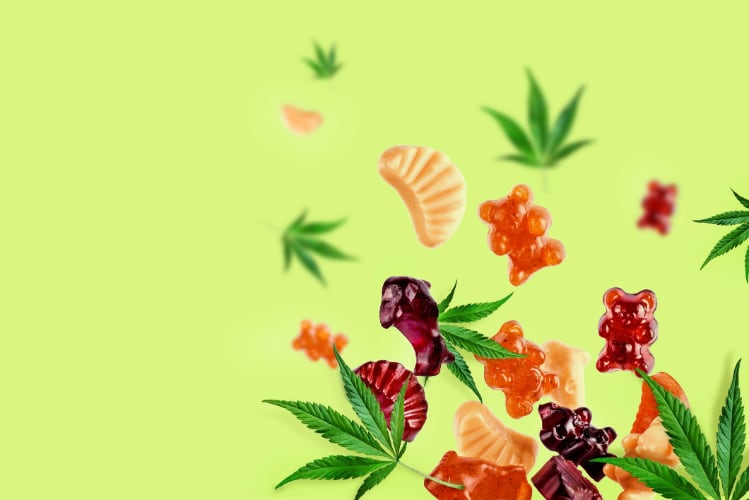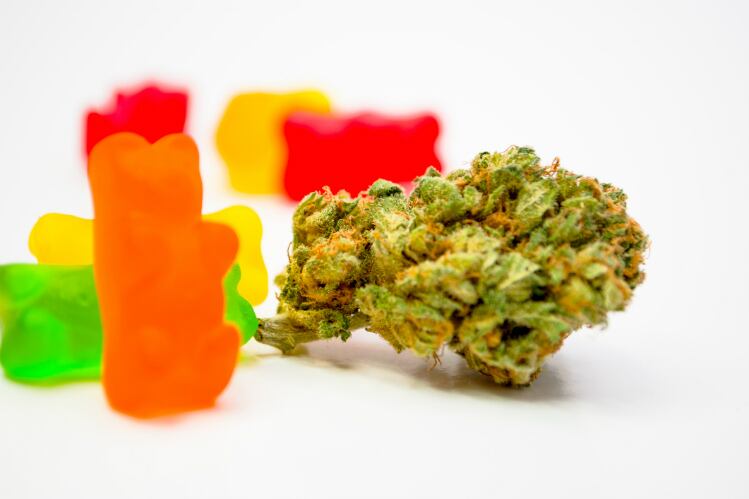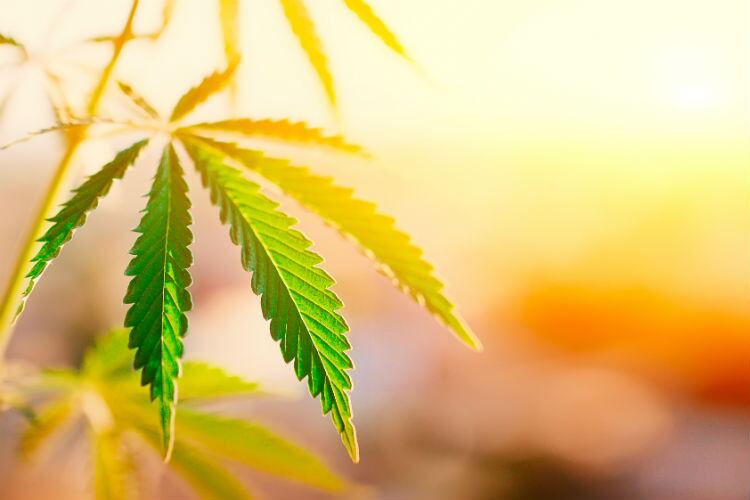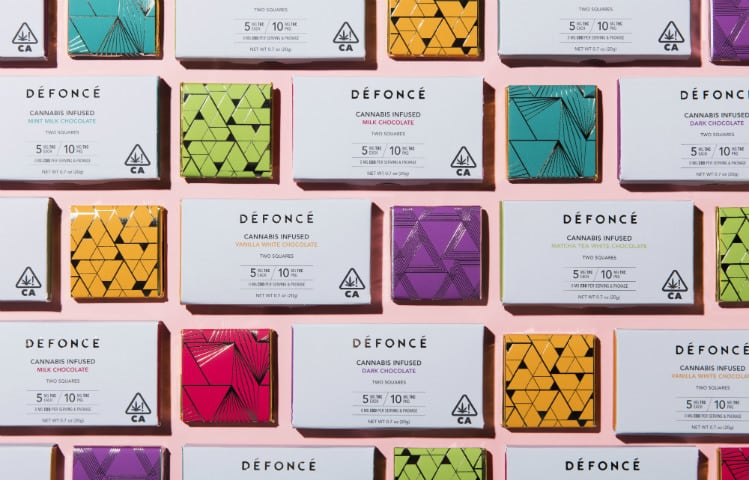The rapid rise of cannabidiol (CBD) and recreational marijuana is “the most exciting disruption in the CPG market” in decades, according to Larry Levin, executive VP of consumer at shopper marketing at IRI, a Chicago-based research firm.
In a presentation alongside Jessica Lukas of BDS Analytics, Levin emphasized the importance of “making sure that our industry [is] ready for this explosion.” That entails ensuring that businesses understand how to prepare and who will buy these new products.
While the CPG industry as a whole tends to clip forward at a rate of 2% to 3%, “the opportunities that are in front of us with cannabis are…unfounded,” he said.
‘There is no one cannabis consumer’
In the US, eight out of 10 people support legal cannabis ‘in some form,’ according to BDS, and another two-thirds believe it carries medical benefits.
“We see this across the entire US. We see it span different demographic groups: this is, to some degree, becoming mainstream,” added Lukas.
Levin echoed that point, saying, “There is no one cannabis consumer…[it’s] not a product that is really dedicated to one particular segment. It has an umbrella-like strategy available to both manufacturers and retail.”
IRI has also found that, generally, consumers are ready for cannabis and cannabinoids: two-thirds ‘accept’ or have recently used these substances, and the average user age is 43. About 70% enjoy their ‘recreational and social benefits,’ while 56% turn to them for health or medical reasons. Meanwhile, a third of these consumers find their dual use appealing.
Legal cannabis has gone from a regulated marijuana marketplace to now being something that a consumer can buy in many different locations as they shop throughout the day. –Jessica Lukas, BDS Analytics
To reach these consumers, brands have positioned their products through experiences, explained Lukas, who said BDS has tracked 286 unique ‘moods’ in dispensary goods. She also pointed out that consumers are swapping cannabis and CBD for alcohol and tobacco.
Edibles pulling a third of market weight
According to product analysis by BDS, which dissects the cannabinoid market from its Boulder, Colorado home, candy accounts for 16% of sales in licensed dispensaries. Beverage shares the same-sized slice, while balms, creams and tinctures command a majority of sales.
Edibles overall account for nearly $7bn of a $20bn market, and candy remains the dominant form, especially for THC – ahead of baked goods or other snacks.
“It’s really important to understand the size of this consumer marketplace and how it’s evolving,” said Lukas.
“It isn’t just about the hemp market. We’ve seen growth of these products in dispensaries for years now.”
If candy holds its 16% market share, it alone could become a $7.2bn business.
All but five US states, plus the Virgin Islands, Puerto Rico and Guam, regulate the use of CBD or THC products for at least medical use, according to the National Conference of State Legislatures, while 21 states have full medical marijuana programs. As of January 2020, when Illinois’ legalization law goes into effect, 11 states and Guam will allow adult use of medical and recreational cannabis.
Uruguay and Canada have federally legalized the substance, and a handful of others – including South Africa, Peru and Spain – permit its use in private.
A $45bn market
What this means for CPG and infused food products is that more people are buying it in more places.
“Legal cannabis has gone from a regulated marijuana marketplace to now being something that a consumer can buy in many different locations as they shop throughout the day,” said Lukas.
This evolution means that the current $20bn dispensary market will grow to $30bn by 2024, while the total cannabinoid marketplace will creep up to $45bn as other retail channels onboard new products. BDS estimates that dispensaries will retain just over half the market, as general retail snags most of the expected $13bn CBD space.
Brands that have built a reputation in dispensaries are already squeezing onto other retailers’ shelves. Major chains including Kroger and CVS have plans to boost their CBD offerings, noted Levin: “A full blown retail strategy is really, really critical right now.”




